In an era where preventive health is more important than ever, tools like the WalkerFit M6 Ultra smartwatch are helping everyday users identify subtle health risks before they become major problems. While smartwatches can’t replace clinical testing, they’re becoming essential companions in recognizing early warning signs — especially those that might suggest you need a stress test.
In this article, we'll explore:
- What are the 3 types of stress tests
- Signs you need a stress test
- How the WalkerFit M6 Ultra smartwatch can help
- A detailed FAQ section
What Are the 3 Types of Stress Tests?
Stress tests are medical evaluations that measure how your heart performs under pressure — either through exercise or medication. These tests help detect cardiovascular problems, such as artery blockages, irregular heart rhythms, or general heart function under strain.

1. Exercise Stress Test (Treadmill Test)
- What it is: You walk on a treadmill or cycle on a stationary bike while your heart rate, blood pressure, and ECG are monitored.
- Purpose: Evaluates how well your heart handles physical activity.
- Ideal for: Detecting blocked arteries, arrhythmias, and assessing cardiovascular endurance.
Exercise Stress Test Related article:Cardiac exercise stress testing: What it can and cannot tell you
2. Nuclear Stress Test
- What it is: A radioactive tracer is injected into your bloodstream, and special imaging tracks blood flow before and after exercise or stress medication.
- Purpose: Identifies areas with poor blood flow or damaged heart muscle.
- Ideal for: Diagnosing coronary artery disease and measuring the extent of previous damage.
3. Stress Echocardiogram (Echo Stress Test)
- What it is: Combines ultrasound imaging with stress testing (exercise or medication-induced).
- Purpose: Assesses heart muscle movement and pumping strength.
- Ideal for: Identifying abnormal wall motion or valve problems under stress.
Signs You Need a Stress Test
Recognizing symptoms early can make a major difference. Here are common signs that may suggest you need to undergo a stress test:
- Chest pain or discomfort during activity
- Shortness of breath on exertion
- Irregular heartbeats or palpitations
- Dizziness, fatigue, or poor workout recovery
- A family history of heart disease
If you're noticing any of the above, it's important to consult a healthcare professional. In many cases, smartwatches can help you spot these signs before you experience a major event.

common signs Related article:Stress
How the WalkerFit M6 Ultra Smartwatch Helps
The WalkerFit M6 Ultra Smartwatch is designed not only for activity tracking, but for real-time health monitoring. Here's how it helps spot early signs that may lead to a recommended stress test:
Heart Rate Monitoring
Continuous tracking alerts you to abnormally high or low resting heart rates — potential warning signs for heart conditions.
Heart Rate related article: Why This Is the Best Watch for Heart Rate Monitor
Blood Oxygen Monitoring (SpO2)
Low blood oxygen levels during sleep or activity can be a precursor to sleep apnea or poor circulation, both of which affect heart health.
Stress Tracking & HRV (Heart Rate Variability)
The M6 Ultra includes stress level monitoring and HRV data — essential indicators of how your nervous system and heart are responding to physical or emotional strain.

Activity & Recovery Monitoring
If the watch notices that your activity levels are dropping or that recovery from workouts is taking longer than usual, it may indicate cardiovascular strain.
Sleep Quality Tracking
Poor sleep and frequent awakenings can increase cardiovascular risk. The M6 Ultra provides detailed sleep data to help identify patterns linked to stress or heart strain.
Sleep Related article:3 Smart Ways to Adjust Your Sleep Routine
For a full list of features and pricing, visit the official WalkerFit M6 Ultra page or check out the Amazon product listing.
Key Specs of the WalkerFit M6 Ultra
|
Feature |
Description |
|
Display |
2.0' Ultra HD large screen |
|
Waterproof |
IP68 water resistance (up to 30m) |
|
Battery |
2 weeks on standard use, up to 60 days in power-save mode |
|
Durability |
Survives 100 drops and up to 50,000 button presses |
|
Compatibility |
Works with both iOS and Android |
|
Sports Modes |
110+ activity profiles |

When to Talk to a Doctor
If your WalkerFit M6 Ultra shows:
- Persistent high heart rate at rest
- Abnormal heart rhythm patterns
- Elevated stress readings or poor HRV
- Declining activity or sleep quality over several weeks
It's time to consult a healthcare provider. These are potential indicators that a stress test could be necessary.

FAQs
Q1: Is the WalkerFit M6 Ultra a medical device?
No, while the M6 Ultra offers health insights, it is not FDA-approved as a medical device. However, it can help you spot trends worth discussing with your doctor.
Q2: Does it support ECG monitoring like the Apple Watch?
The M6 Ultra does not currently support ECG, but it provides HRV, heart rate, and SpO2 tracking, which are still highly valuable.
Q3: How long does the battery last?
Up to 2 weeks with normal use and 60 days on power-saving mode.
Q4: Can I make calls with it?
Yes, when connected to your phone via Bluetooth, you can make and receive calls from your wrist.
Q5: Does it track fitness and sports activities?
Yes! It supports 110+ sports modes, including swimming, cycling, running, and yoga.
Final Thoughts
The WalkerFit M6 Ultra Smartwatch is more than a fitness gadget — it's a proactive health assistant. By monitoring heart rate, stress, sleep, and activity, it helps users notice the signs they may need a stress test before symptoms become serious.
If you're aiming to stay one step ahead of heart-related issues or simply want deeper insight into your wellness, the M6 Ultra is a smart and affordable choice.
Ready to monitor your health with confidence?
Order the WalkerFit M6 Ultra here

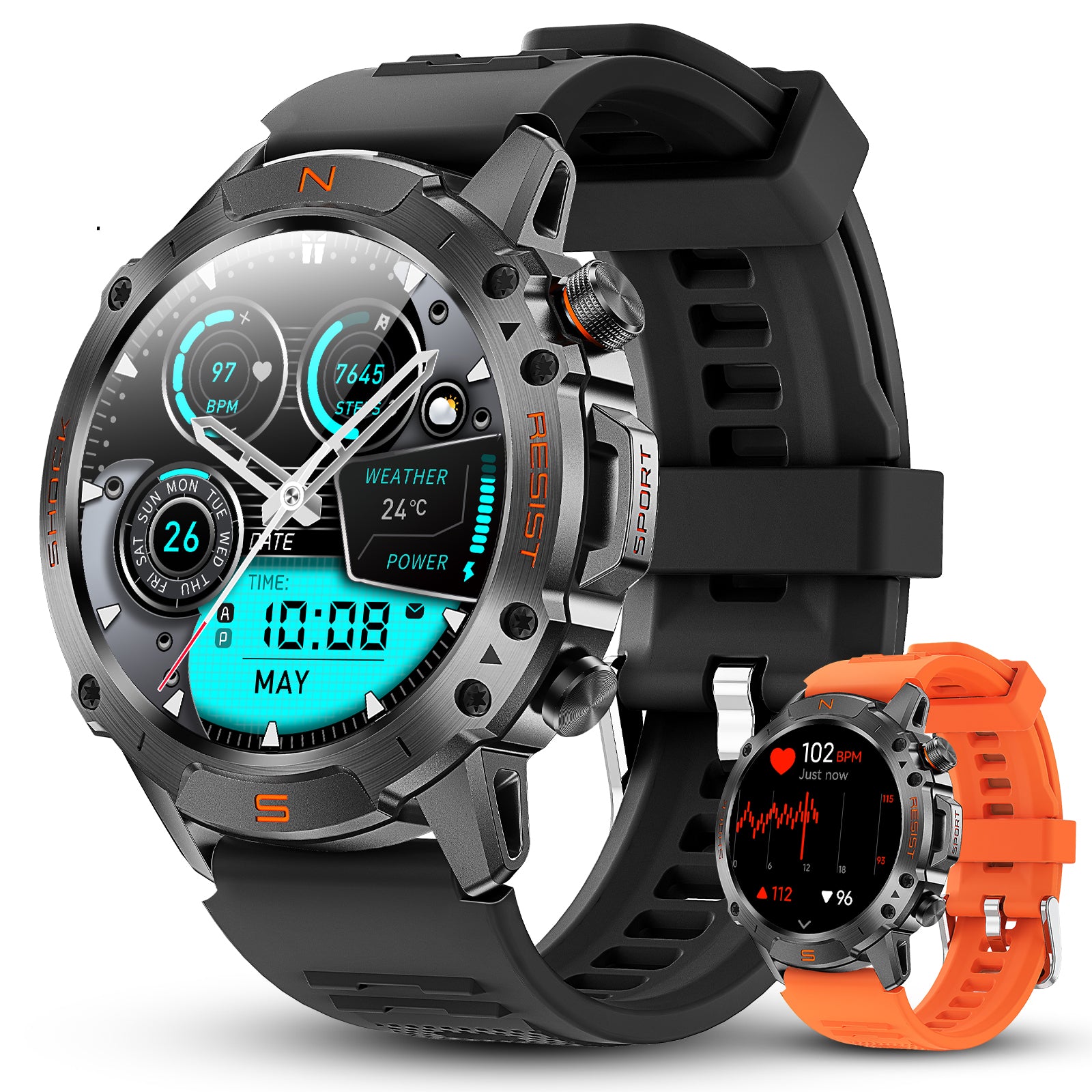
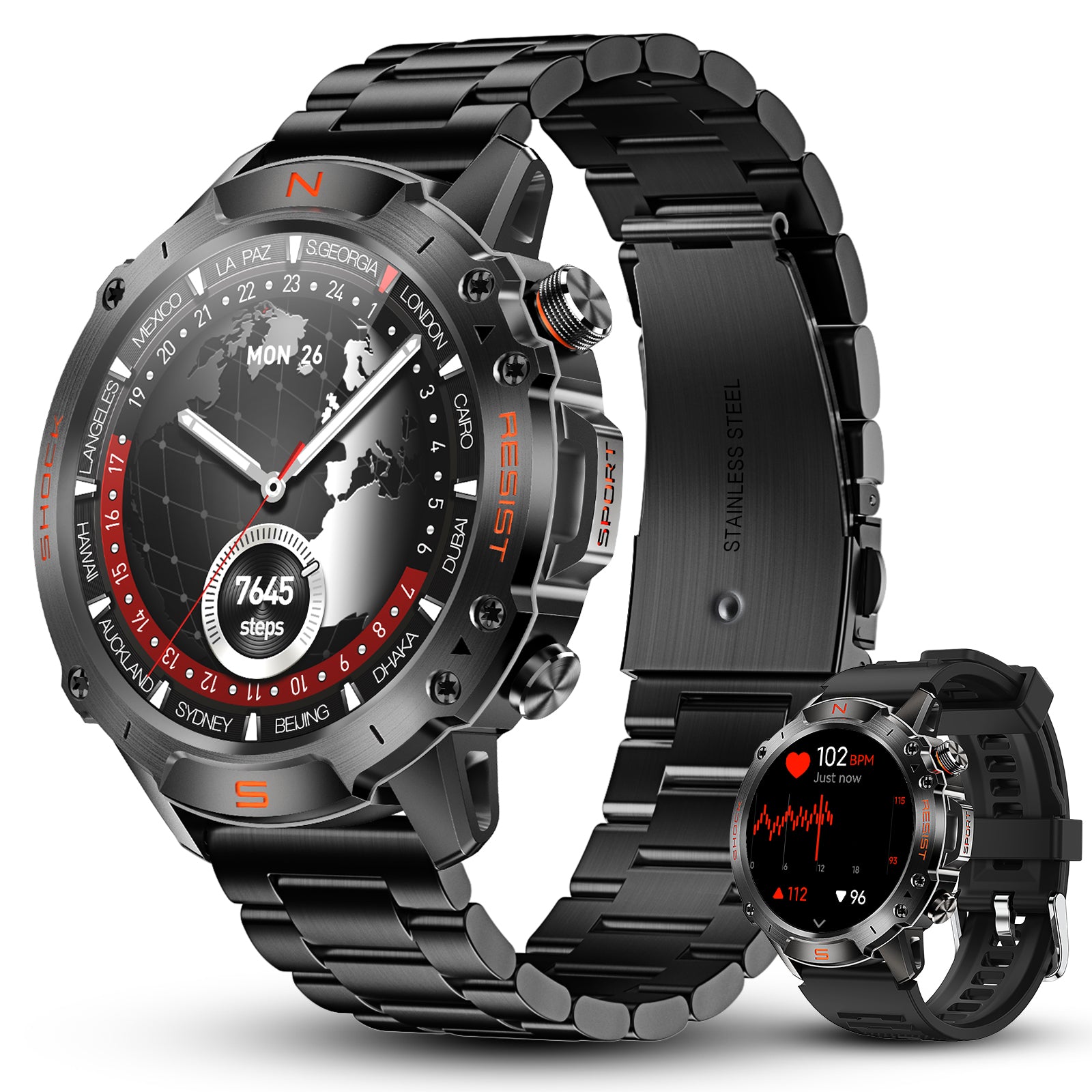
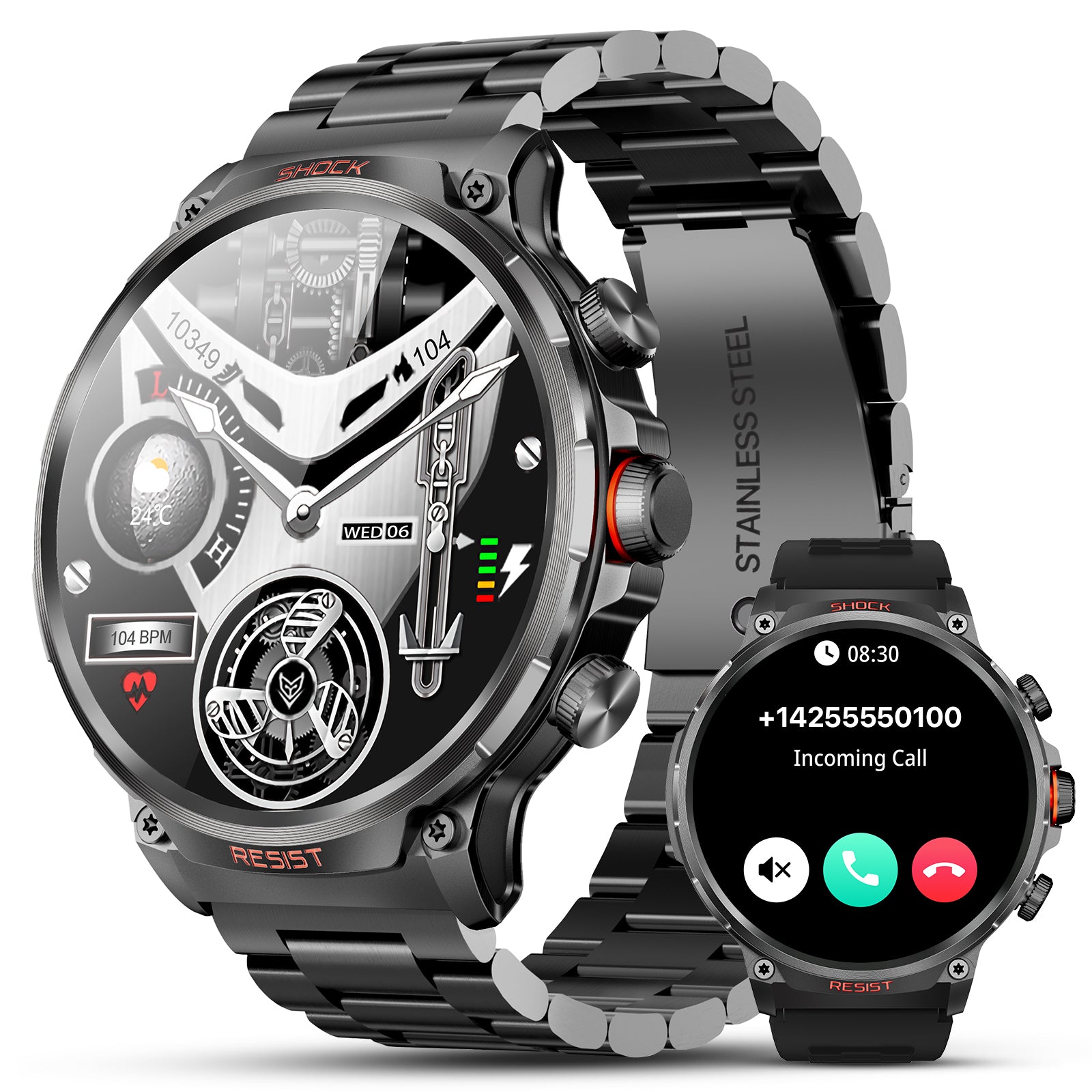
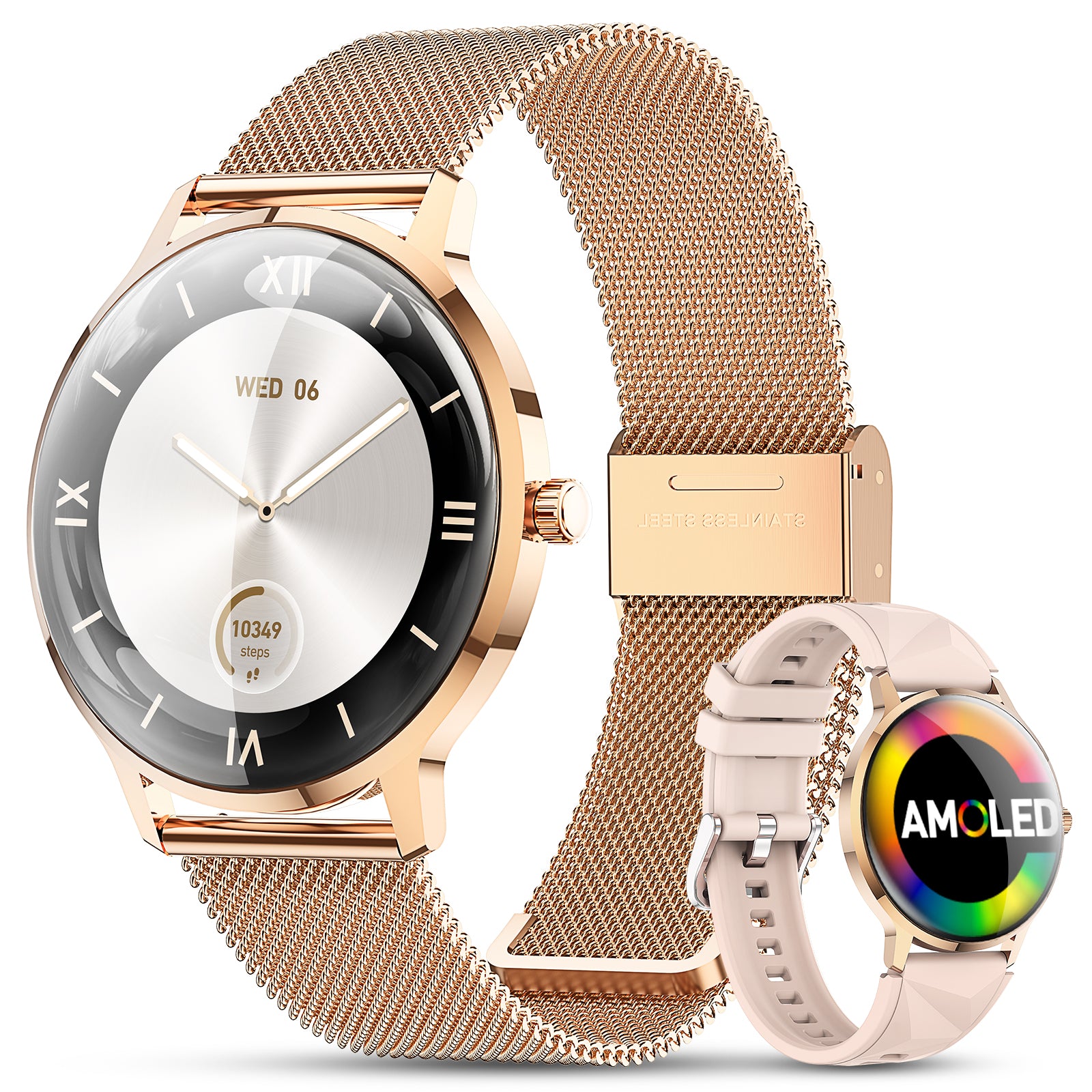
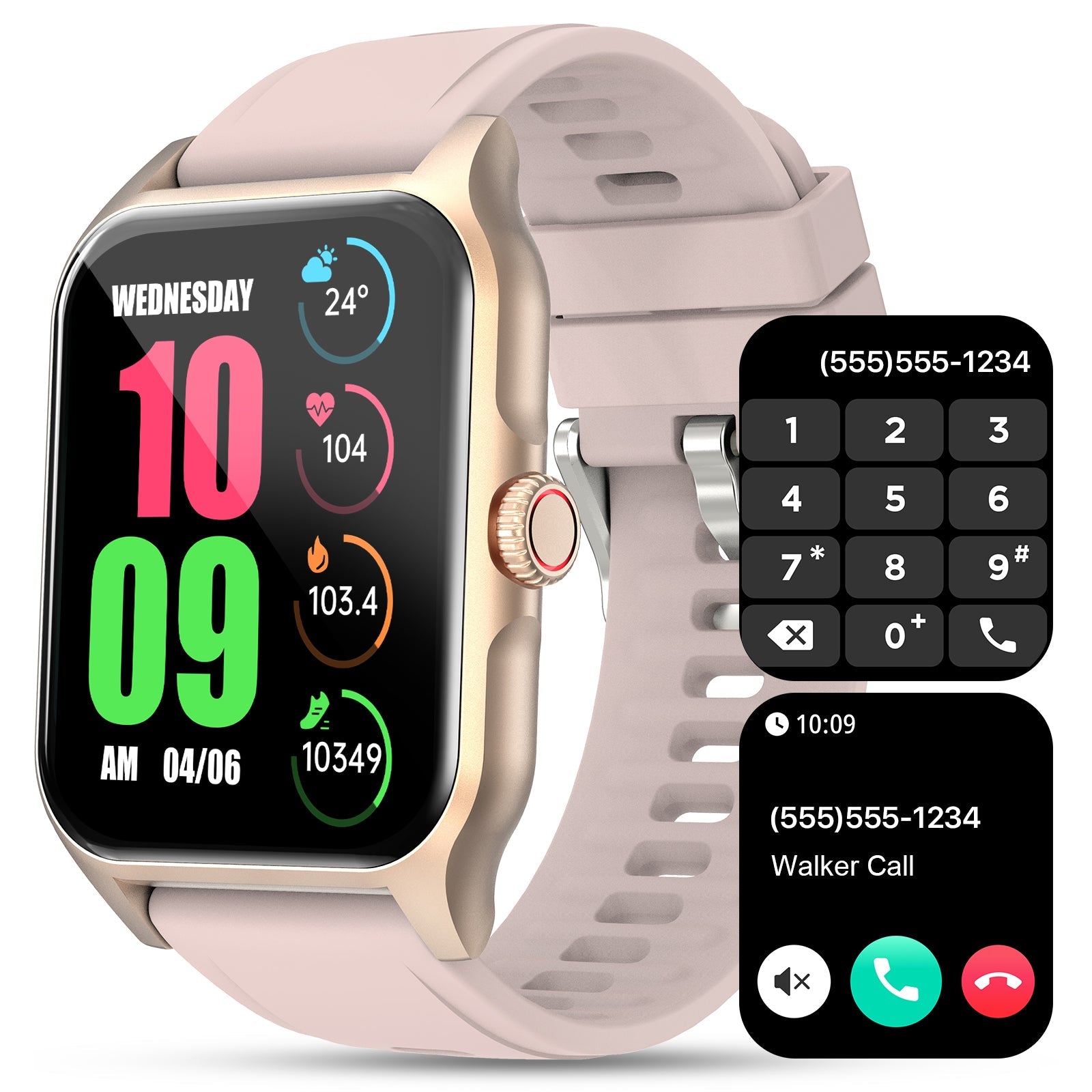
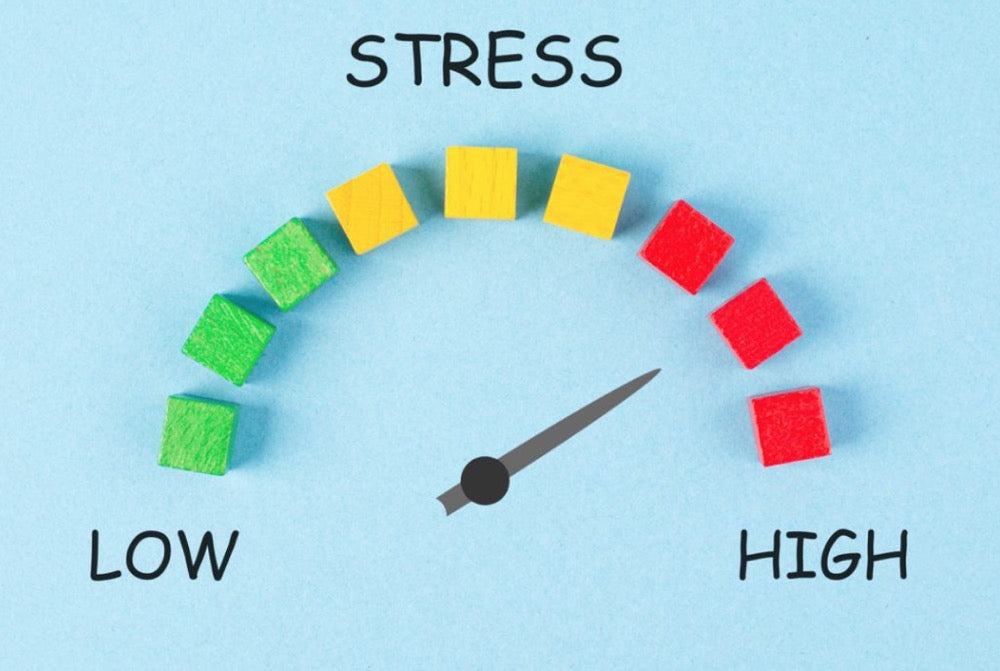
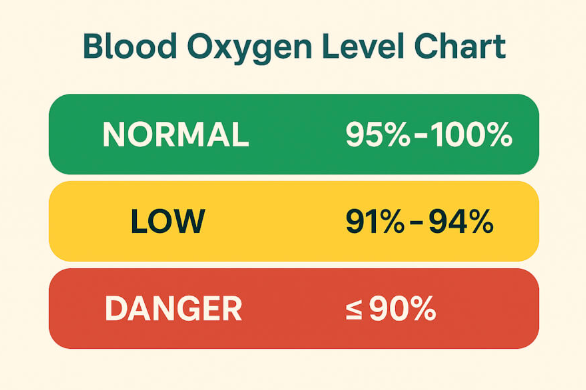
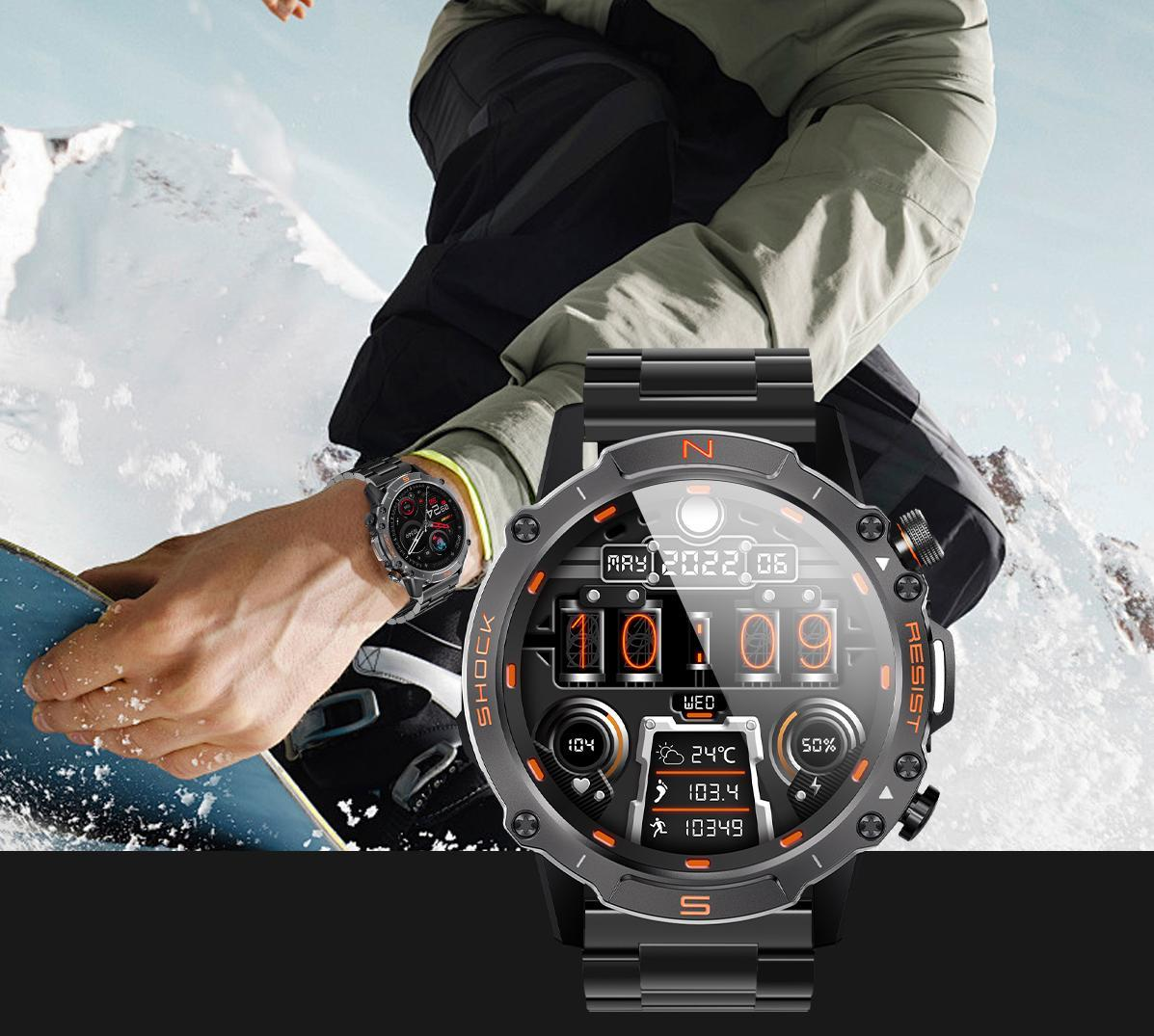
Leave a comment
All comments are moderated before being published.
This site is protected by hCaptcha and the hCaptcha Privacy Policy and Terms of Service apply.